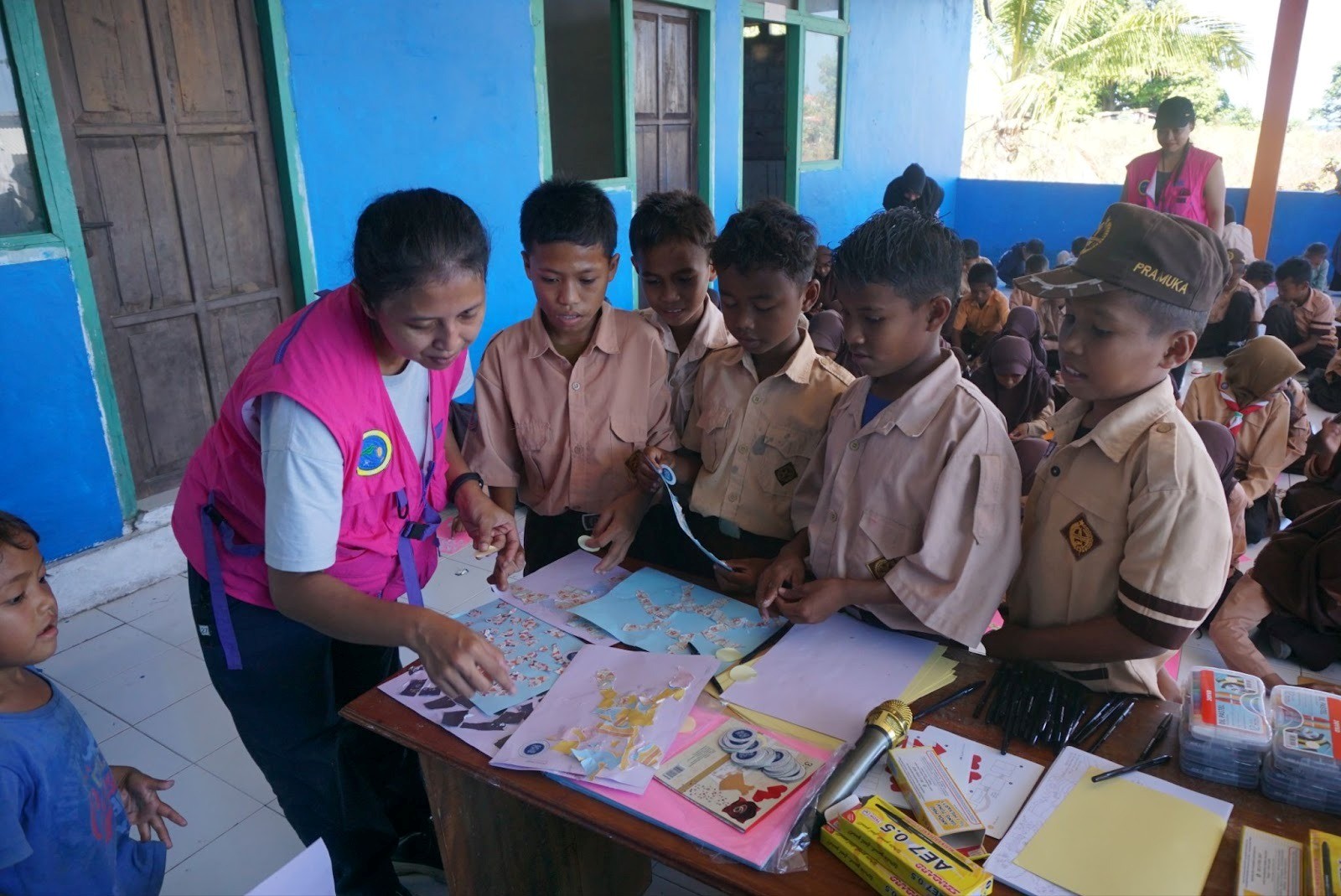ITB’s Strategies and Objectives to Realize Excellent Scientific Culture
By Anggun Nindita
Editor Anggun Nindita
BANDUNG, itb.ac.id — Institut Teknologi Bandung (ITB) organized the Excellent Scientific Culture (ESC) Festival in the ITB East Hall with the theme “Striving Towards Excellent Scientific Culture: Research Objectives, Current Innovations, and Future Strategies” on Wednesday, September 20, 2023.
ITB’s rector, Prof. Reini Wirahadikusumah, Ph.D., expressed in her welcoming speech that generally, scientific culture refers to the scholarly culture, which ties intimately with research activities. There are four aspects that factorize research as an essential element of excellent scientific culture, one of them being research as an essential characteristic for educational institutions. Being “the living blood of intellectuals”, research serves as a guide for learning and teaching, as well as a foundation for invention and innovation.
An excellent scientific culture will hopefully create a conducive atmosphere for interaction. From the related multiparty interaction, new innovative ideas emerge for specific research.
In realizing this, ITB exerted various measures from the perspectives of research, community service, and entrepreneurship. ITB’s focus lies on pursuing scholarly impact and social impact to achieve sustainability.
At its foundation, the works of a scientific system not only bear research and knowledge but also impacts. We pursue both, namely the scholarly impact and the social impact, in order to achieve sustainability,” stated Prof. Reini.
Meanwhile, during his lecture, the Vice Rector of Research and Innovation, Prof. Ir. I Gede Wenten, M.Sc., Ph.D., expressed how an advanced nation is a nation with strong technological development. In developing modern technology, it is nearly impossible to achieve without research approaches. Therefore, an excellent scientific culture must fortify scholarly capacity, thus producing a nation with competitive strength.
The effort to produce excellent research is in line with the government’s strategy to improve educational quality through the utilization of knowledge and technology.
ITB’s strategies for an excellent scientific culture stem from its internal activities and connections with external parties. The strategic programs to apply excellent scientific culture at ITB are reflected in its various bodies, such as the Research and Community Service Institution (RCSI); Research, Innovation, and Entrepreneurship Institution (RIEI); and Science and Technology Development Institution (STDI).
RCSI focuses on actualizing higher institution mandates in responding to societal issues through research and community service programs. Presently, ITB is focusing on its contribution to building underdeveloped, frontmost, and outermost regions and the National Capital City. So far, from a research viewpoint, ITB has focused on four priority areas: information and communications technology, transportation and energy engineering, disaster and infrastructure, as well as food and health.
In an effort to improve ITB’s competitive strength on a global level, RIEI plays a major role in supporting contributions in innovation and entrepreneurship. Its main activity includes implementing a commercialization strategy for ITB products through patents, intellectual rights, and trademarks. ITB has incessantly organized entrepreneurial activities in order to train young entrepreneurs to think with innovation in mind through start-up funding schemes sponsored and mentored by ITB.
Meanwhile, STDI works on facilitating research centers. At the moment, ITB has an Innovation Park purposed as a research facility center through strengthening collaboration aspects. In order to innovate, STDI strives to maintain a strong collaborative research atmosphere, resulting in an excellent scientific culture.
In realizing the future-oriented strategy of an excellent scientific culture, ITB recognized the need to collaborate extensively to weave partnerships both domestically and internationally. In line with ITB’s appointed vision, ‘Locally Relevant, Globally Respected’, ITB aims to emerge as a global stage university through partnering with top global universities. Nevertheless, ITB will never forget its role as a pioneer in resolving local societal issues through a scientific approach.
Reporter: Lukman Ali (Mechanical Engineering ‘20)
Editor: M. Naufal Hafizh
Translator: Ariq Ramadhan Teruna (Chemical Engineering ‘21)

.jpg)
.jpg)


.jpg)


